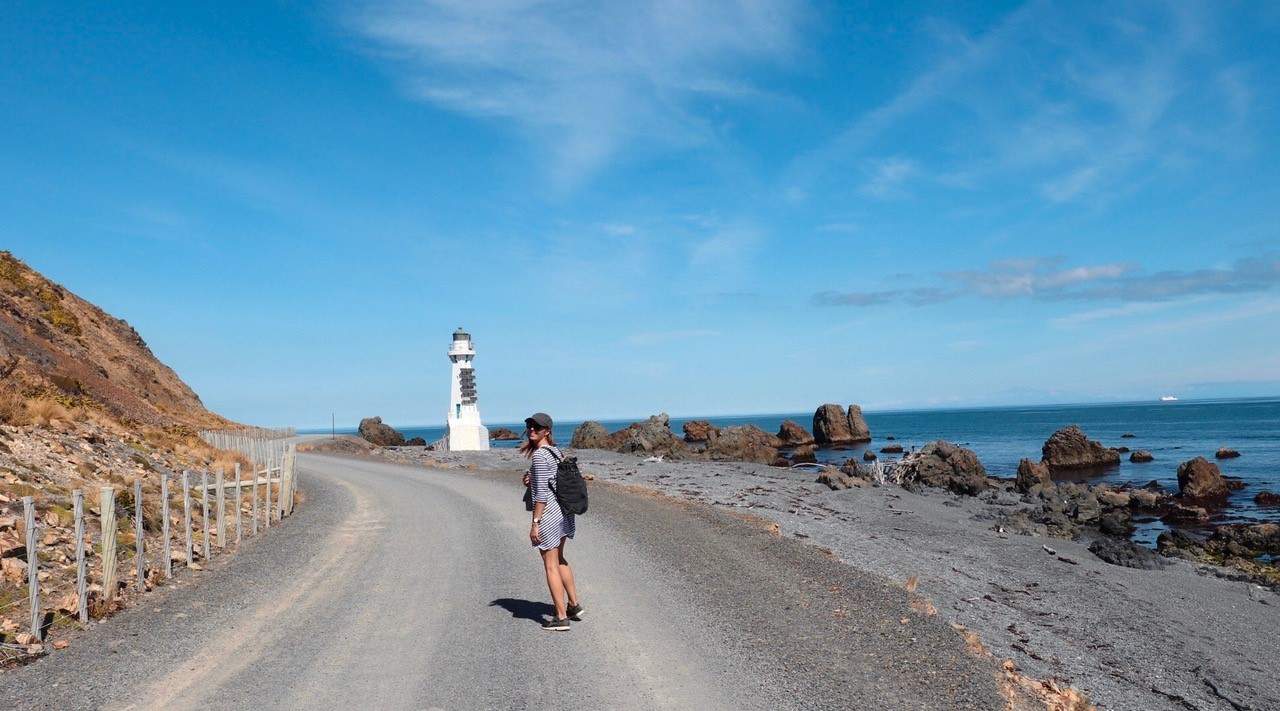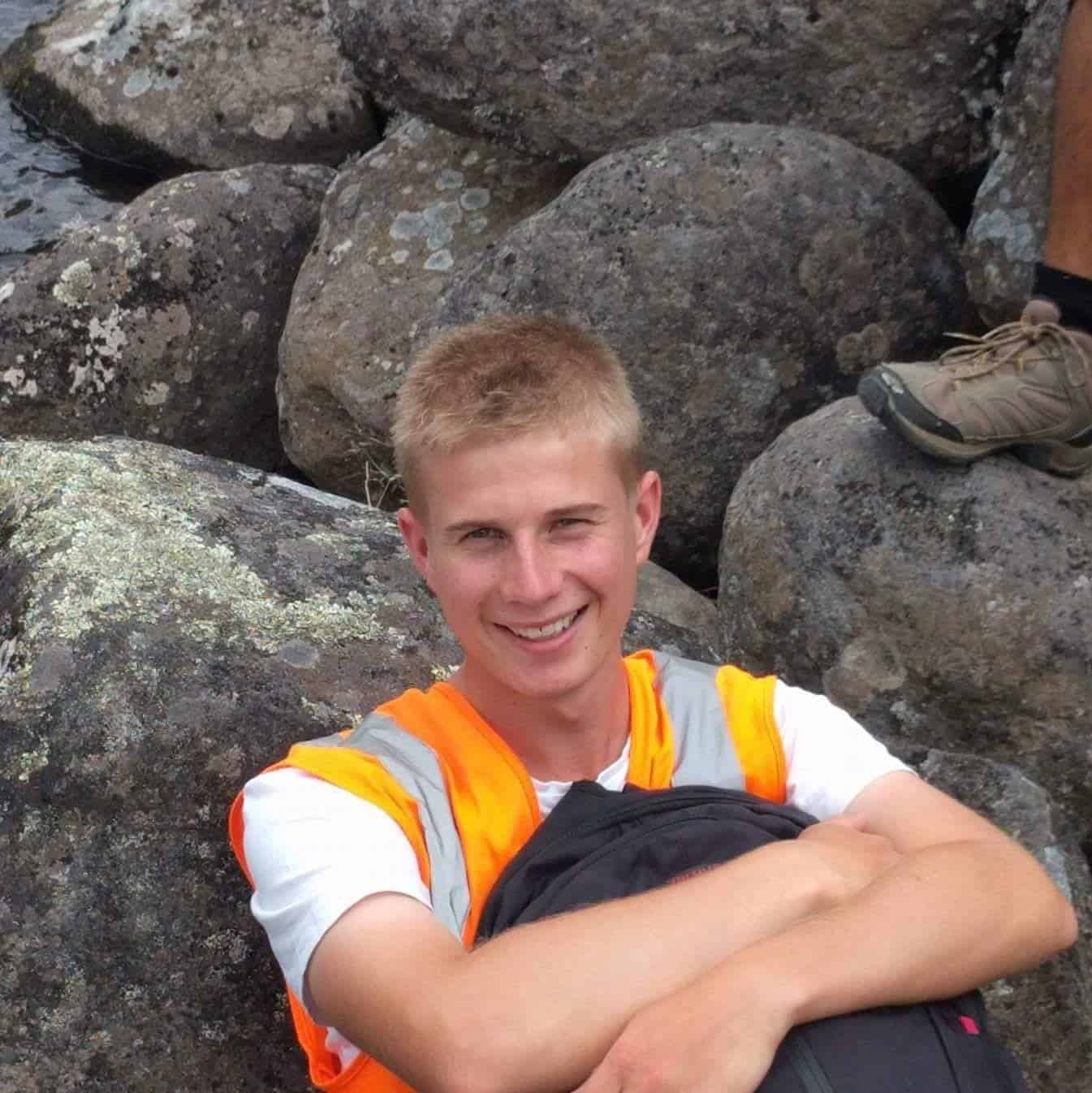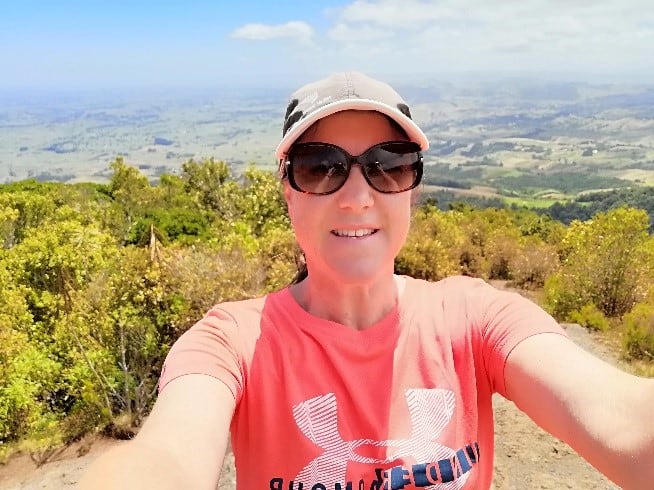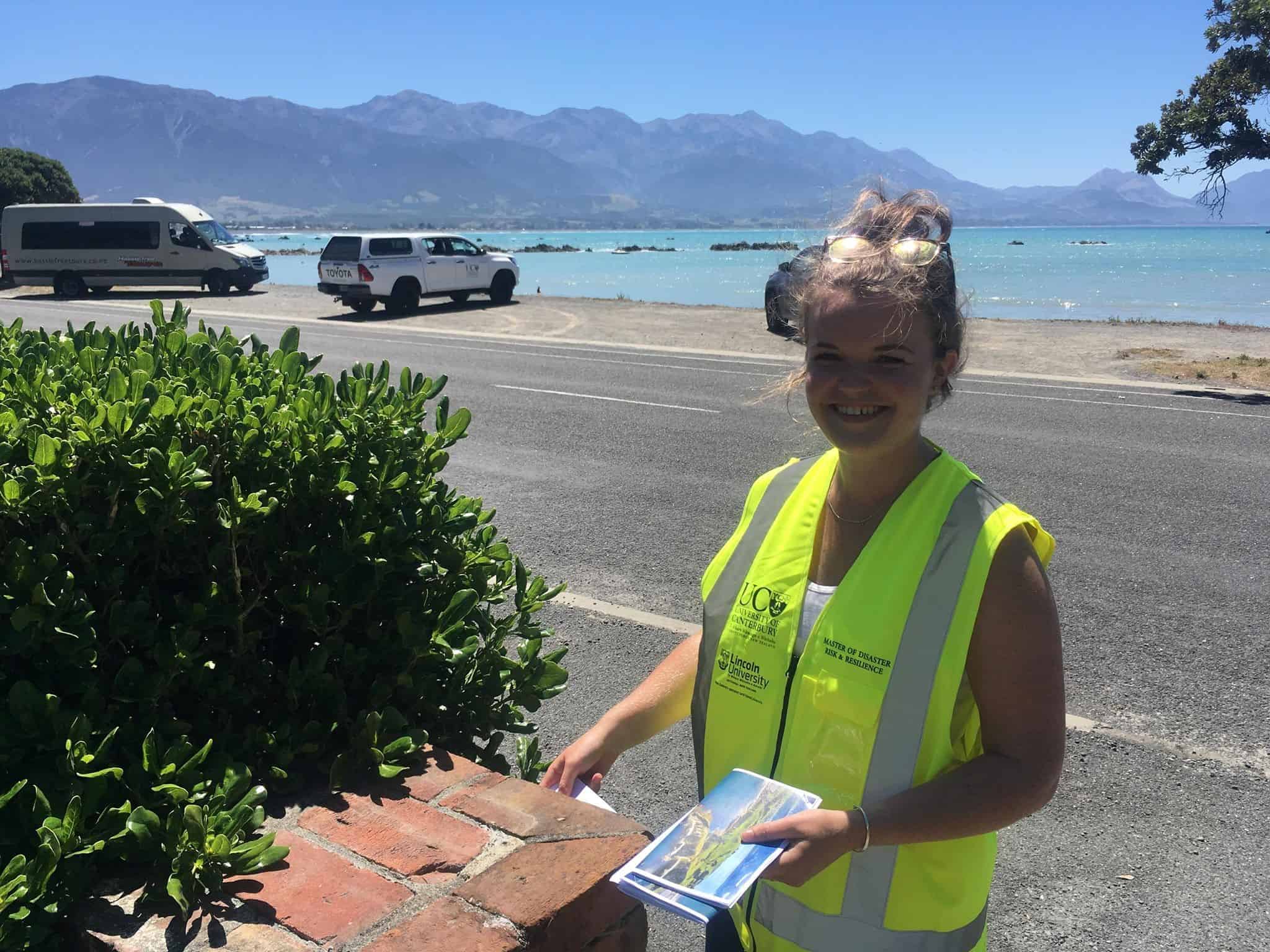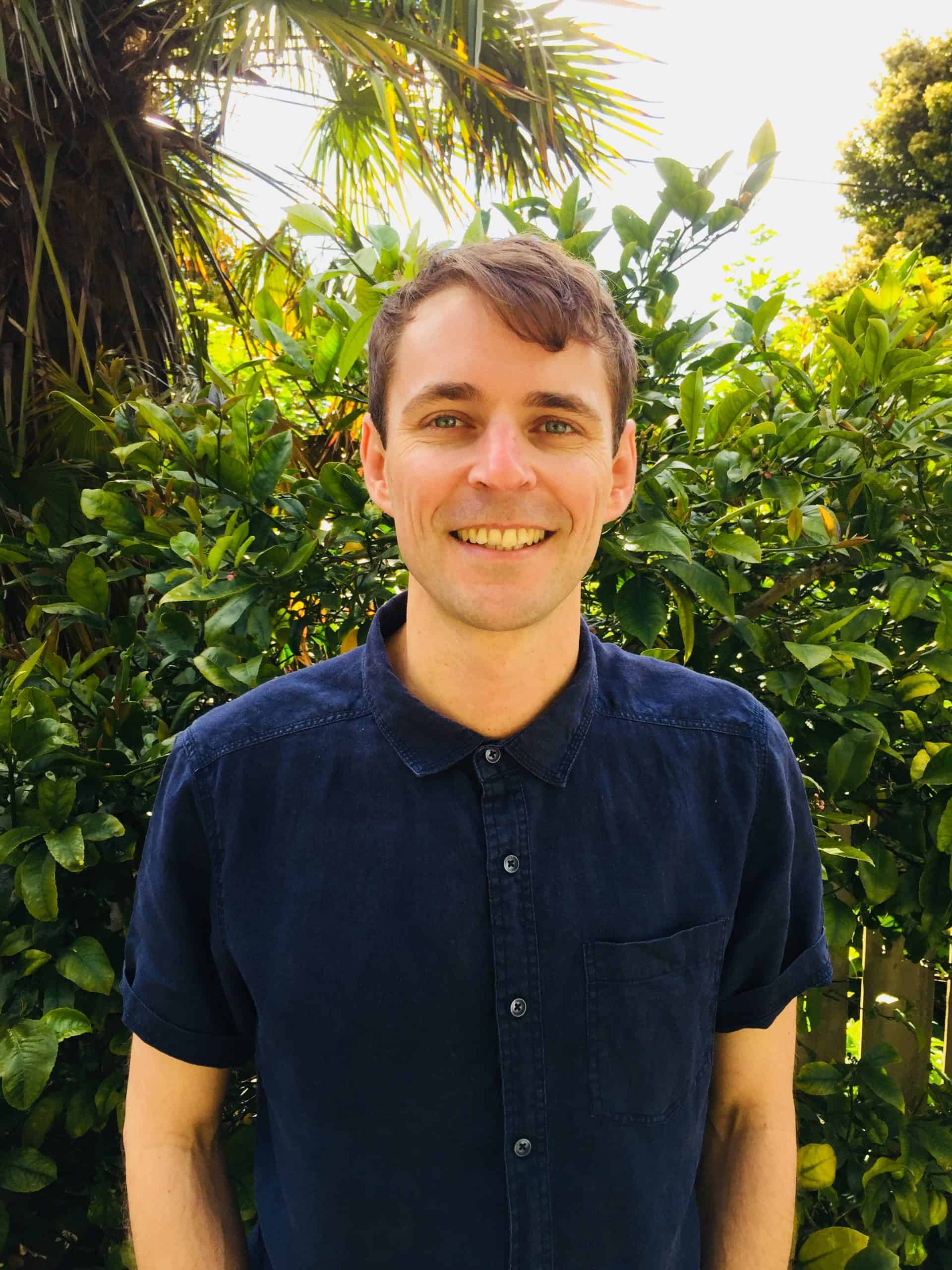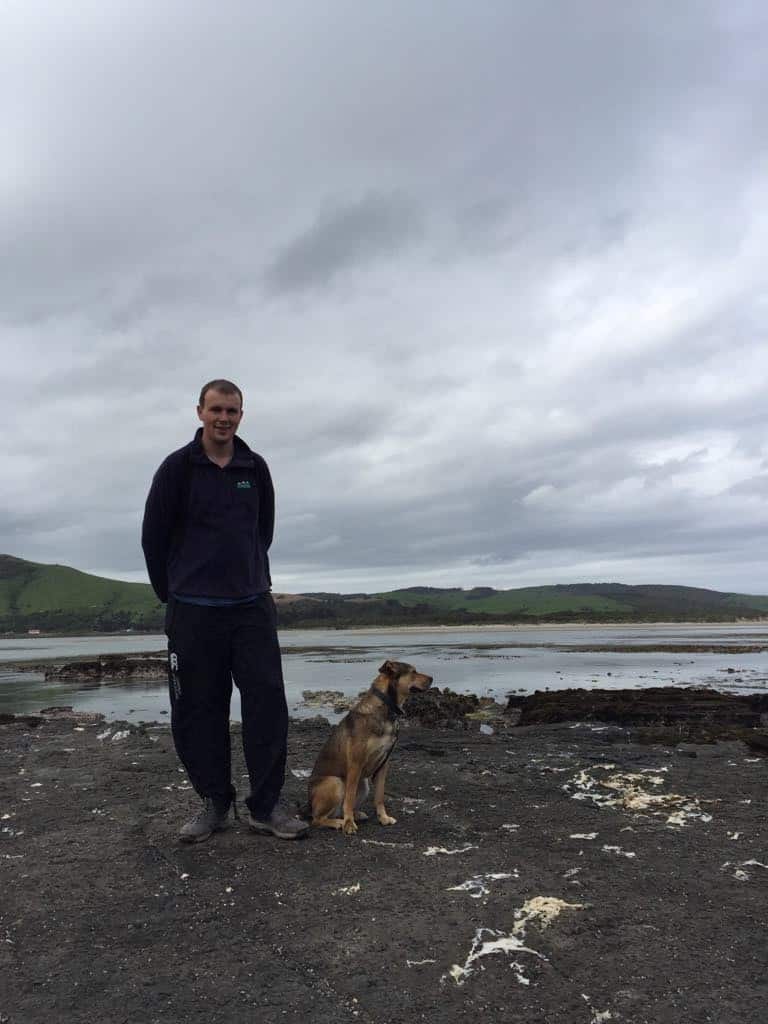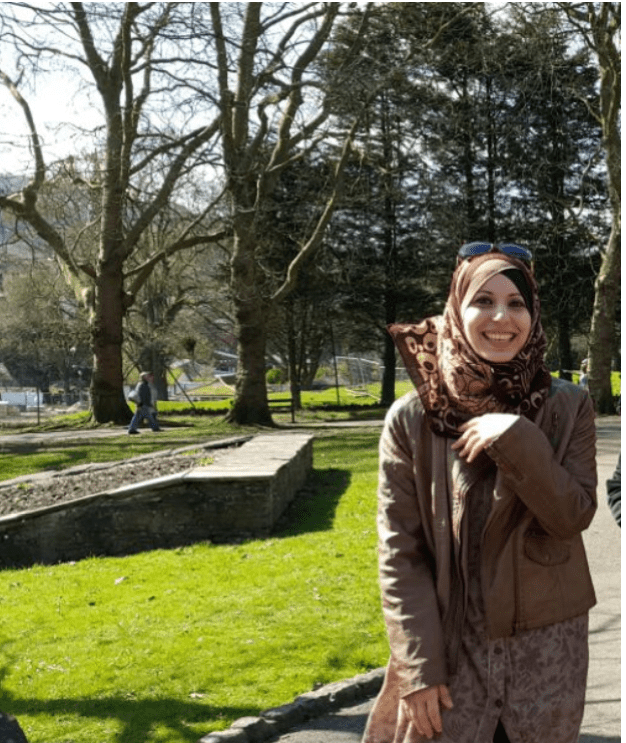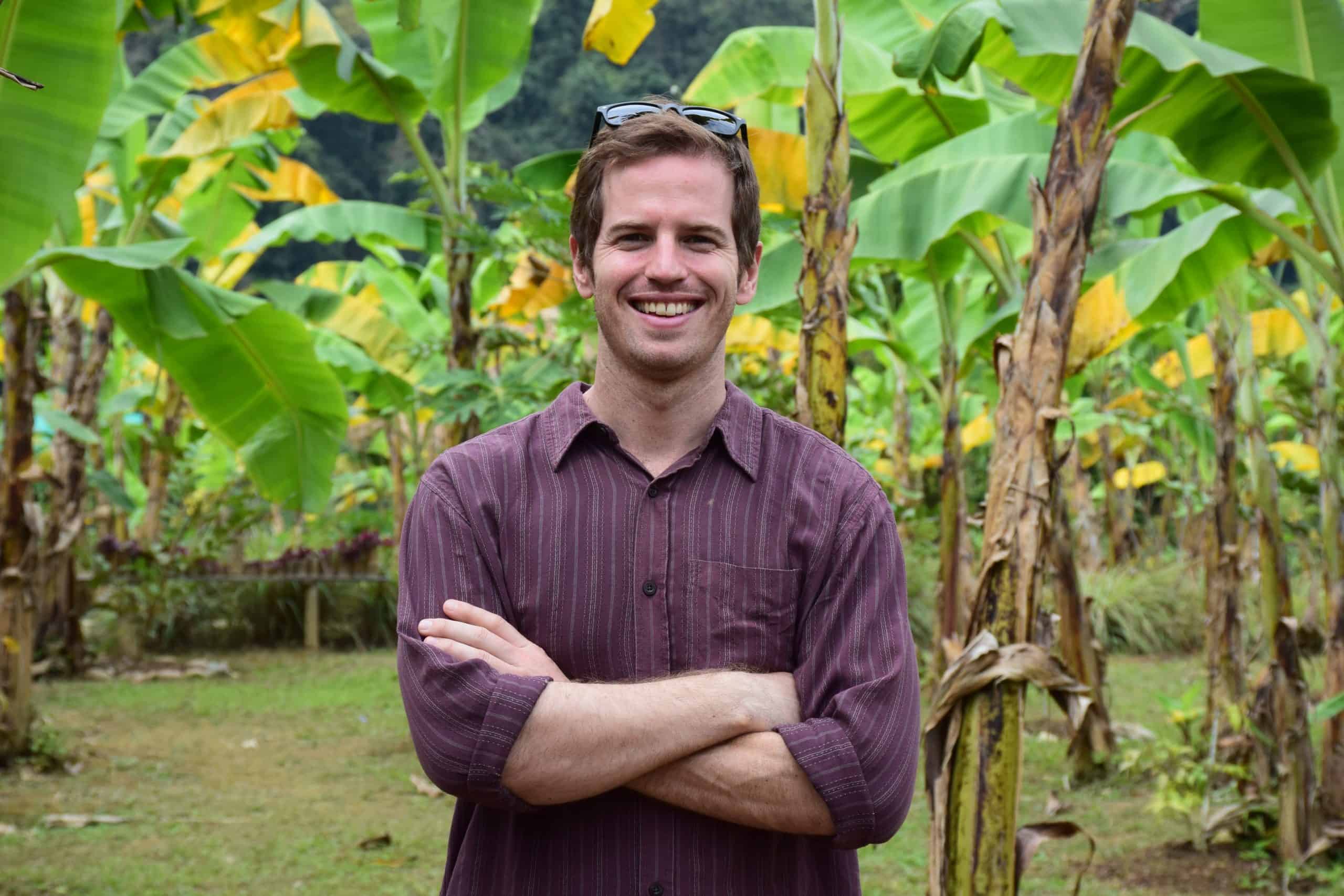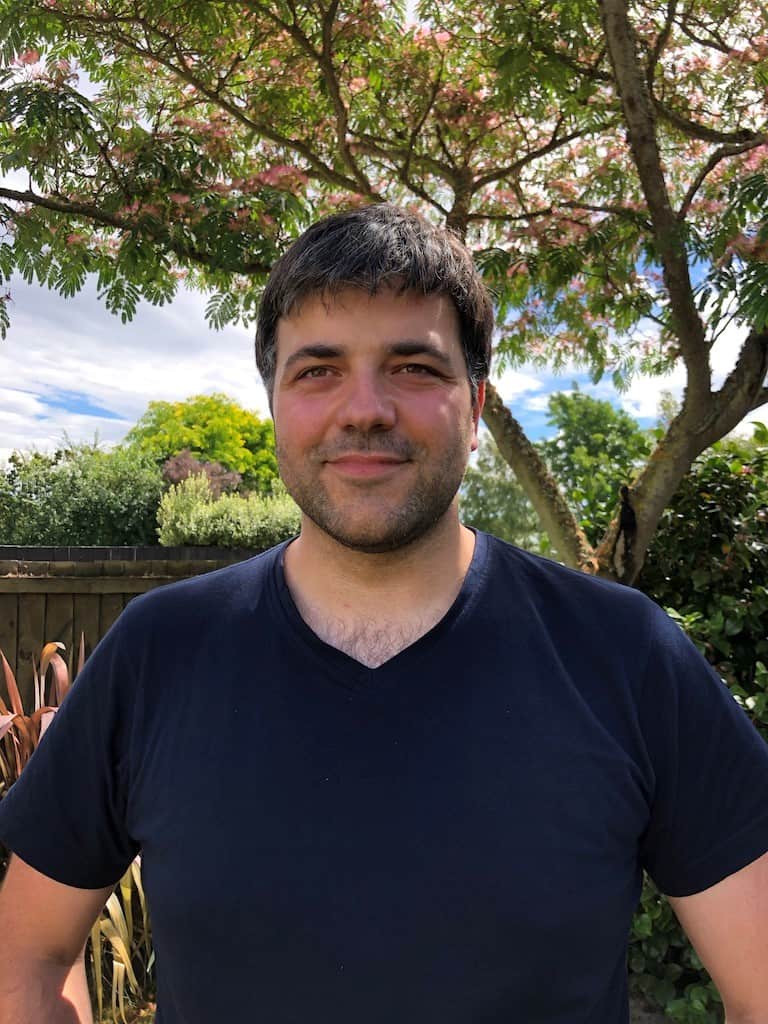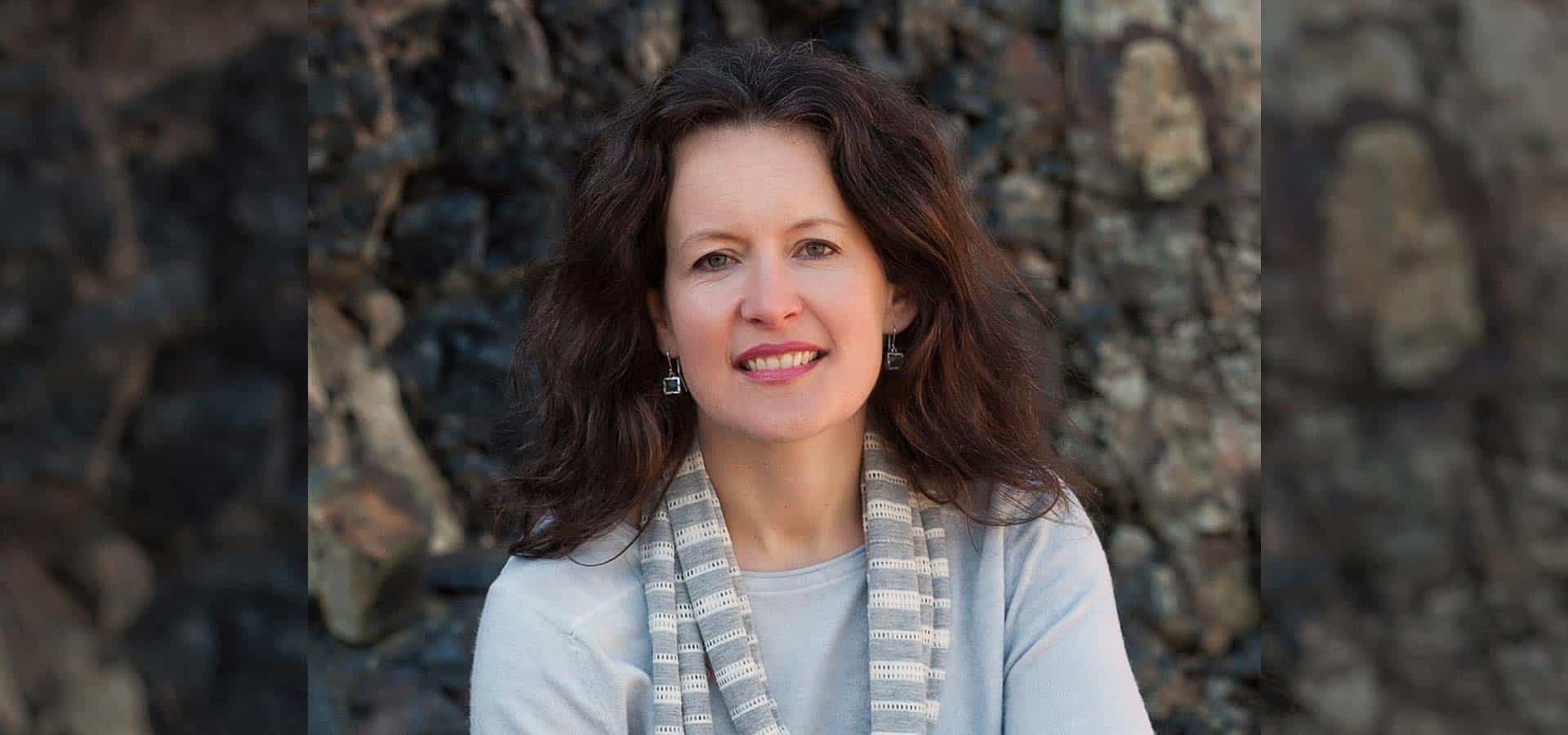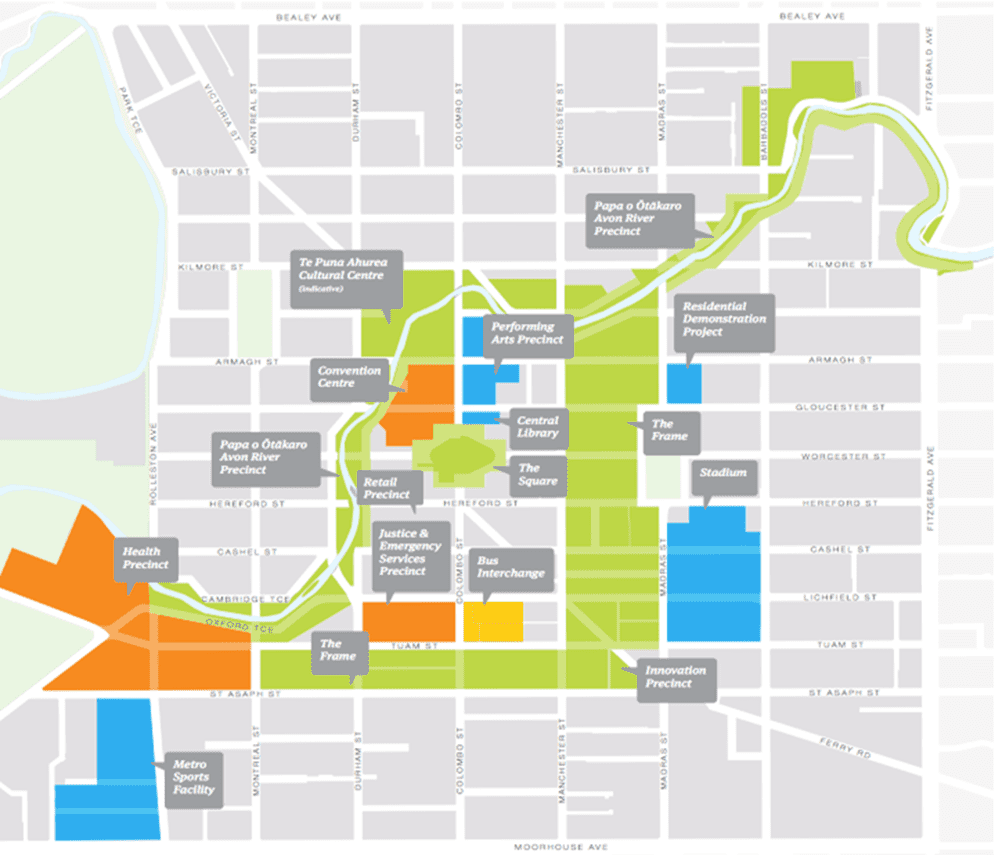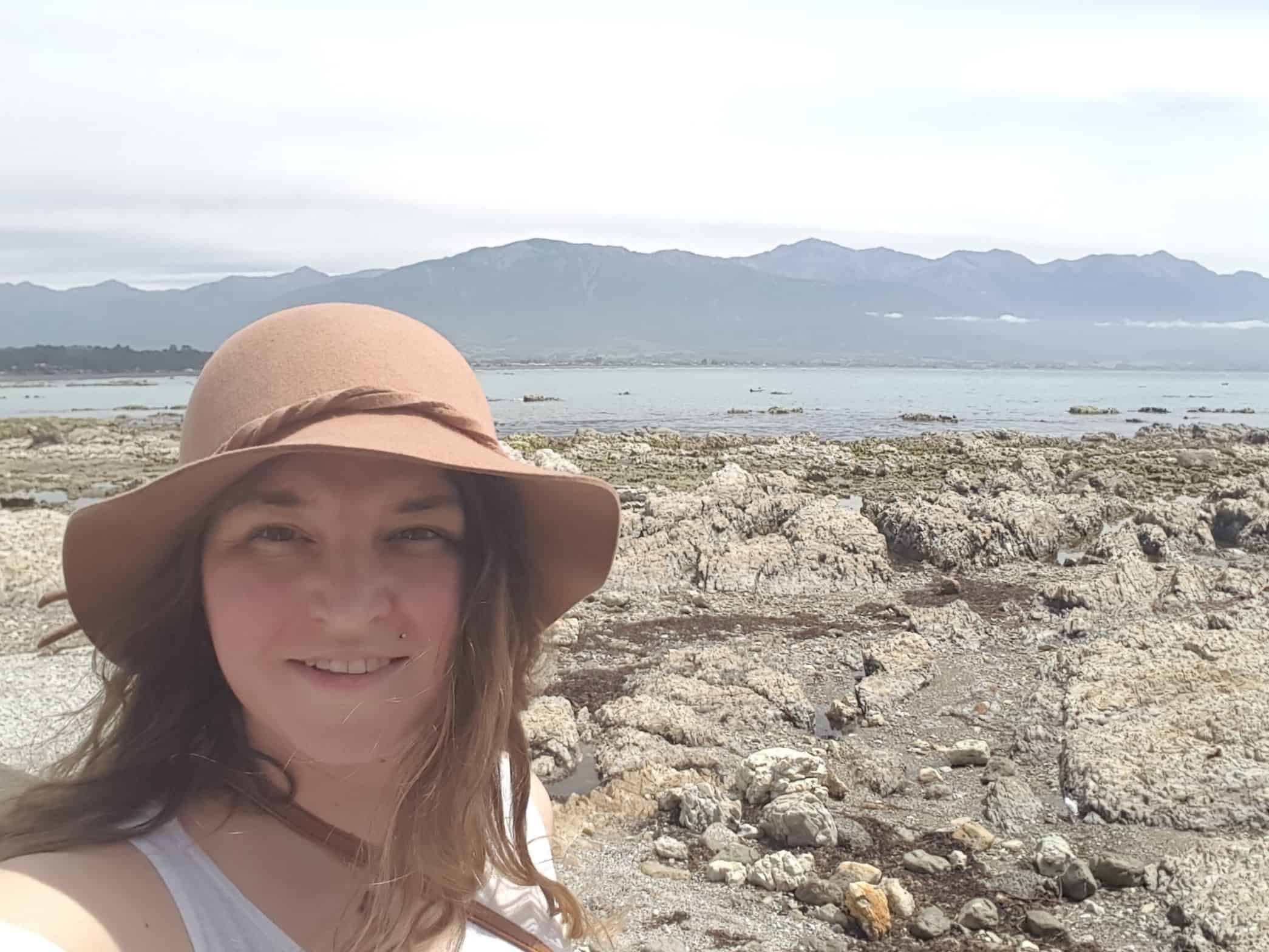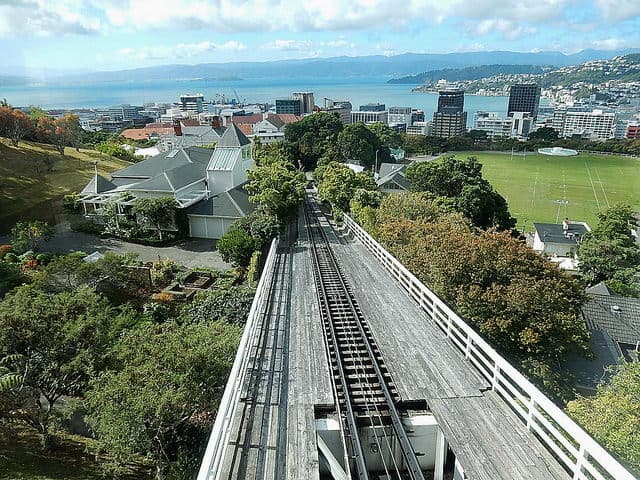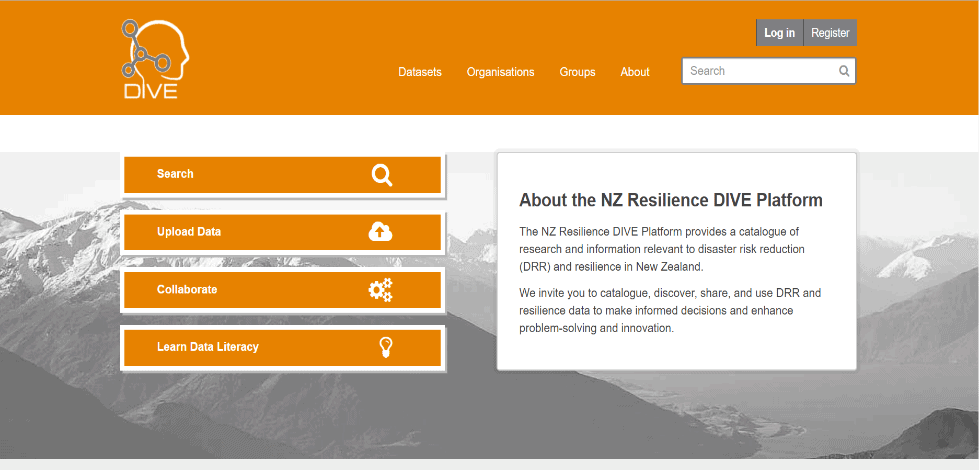Q & A with Christina Hanna 29/03/2019 We speak with Christina Hanna, a PhD student in our Governance programme who is concerned with sustainability and combatting climate change both in her research, and personal life. Earth Hour is a global grassroots movement where millions of people around the world to turn off the lights and […]
Student Profile: Sam Olufson
Student Profile: Sam Olufson 27/03/2019 Managed Retreat Components and Costing A bit about me I was born in Auckland but spent ten of my early years growing up in Australia (time shared between Sydney and Perth). During my time in Australia I developed a passion for cricket which has stayed with me ever since. My […]
Building community resilience
Building community resilience 27/03/2019 By Gail Adams-Hutcheson After 15 years overseas involved in personal adventure travel, it was really easy to distil what I enjoyed about culture, people, and place. My journeys took me from Tibet to the Northern Territory, across India and South East Asia and many places besides. I returned to Aotearoa in […]
Student profile: Laura Tilley
Student profile: Laura Tilley 27/03/2019 Understanding community evacuation dynamics following the 2016 Kaikōura earthquake and tsunami A bit about me My passion for learning about multi-hazard disaster risk and resilience began when I was nearing the end of my undergraduate degree in physical geography at the University of Canterbury. Having experienced the 2010/2011 Canterbury Earthquake […]
Tourism and food security research in post-quake Kaikōura
Tourism and food security research in post-quake Kaikōura 26/03/2019 Gradon Diprose is one of the Resilience Challenge’s newest researchers. He started at Manaaki Whenua – Landcare Research in February 2019 and has jumped straight into the RNC – Rural workstream. Gradon grew up on a dairy farm in the Waikato, and later moved to Raglan, […]
Student Profile: Mat Darling
Student Profile: Mat Darling 25/03/2019 Modelling transient population exposure to disaster risk A bit about me I proudly hail from Otago, where my family grows fruit just outside of Cromwell. I completed an undergraduate BSc in Geology and Geography at the University of Otago in 2013. While studying, I helped NZ Red Cross out a […]
Student profile: Safa Al-sachit
Student profile: Safa Al-sachit 20/03/2019 West Coast Resilience Project A bit about me I was born and raised in Iraq with three other siblings. My father is an electrical engineer and his passion for what he is doing had a great impact on me. This made me think seriously about following the same path. Great […]
The rural impact of natural hazards
The rural impact of natural hazards 27/02/2019 By Tyler Barton The 2010 / 2011 Canterbury earthquake sequence had devastating consequences for urban centres such as Christchurch. Rural regions were also strongly impacted by the earthquakes, although in very different ways. PhD candidate Tyler Barton is looking at the impacts caused by natural hazards in rural […]
New study helps shift sea-level rise decision-making towards long-term solutions
A significant proportion of New Zealand’s population is under increasing threat from sea-level rise – 300,000 residents live below 3m land elevation. Currently the impacts are felt as coastal erosion and occasional flooding during king tides and storms. “They are happening more often, and we’re seeing a shift over time to coastal flooding becoming the […]
A legacy of research collaboration
The 2010-2011 Canterbury Earthquake Sequence: a legacy of research collaboration 12/02/2019 By Dr Matthew Hughes and Dr Liam Wotherspoon This year February 22nd marks the eighth anniversary of the devastating 6.2 magnitude Christchurch Earthquake, which occurred at 12.51 p.m. in a busy lunch hour. What we now call the 2010-2011 Canterbury Earthquake Sequence had begun […]
Student profile: David Wither
Student profile: David Wither 12/02/2019 Social Resilience in the Hurunui: Outcomes of Institutional Support after Adverse Events A bit about me I spent the first five years of my life in Dunedin, the second five years in India and the next eight in Wanaka. The different cultures I grew up in galvanised my interest in […]
Q & A with Dr Caroline Orchiston
Q & A with Dr Caroline Orchiston 11/02/2019 HappyInternational Day of Women and Girls in Science! Thank you. How amazing that we live in a time when women are making such an incredible contribution to science in our country. We have some incredible role models to inspire us, e.g. Chief Scientist Juliet Gerrard, and of […]
Student profile: Niransha Rodrigo
Student profile: Niransha Rodrigo 8/02/2019 ‘Anchor projects’ as cornerstones of city-rebuilding post-disaster A bit about me I’m from Sri Lanka, the island paradise of the Indian Ocean. I’m currently a second year Civil Engineering doctoral candidate at The University of Auckland. I initially completed my BA (Honours) in Economics at the University of Colombo whilst […]
Disaster preparedness event in the Hutt Valley
The New Zealand Red Cross and Resilience to Nature’s Challenges are holding a joint disaster preparedness event in Lower Hutt next month where residents can learn about the risks in their area. Senior Social Scientist Dr Julia Becker will speak about the natural disasters that the Hutt Valley is vulnerable to, what to expect if […]
Being part of Generation Zero
Being part of Generation Zero 25/01/2019 Lisa McLaren Resilience Challenge PhD candidate by day, climate change hero by night. We speak with Lisa McLaren who, when not researchingcitizen science and community resilience to hazard events, is a convener and spokesperson for Generation Zero, a youth-led organisation helping New Zealand cut carbon pollution. What sparked your […]
Phase two science leads appointed
Congratulations to the researchers selected to lead science programmes in the second phase of Resilience to Nature’s Challenges research. The Resilience Challenge’s science structure will be adjusted for the second phase of research, with two new overarching models accompanied by eight science themes. The Multihazard Risk Model and Resilience in Practice Model will work alongside […]
Student profile: Ashley Rudkevitch
Student profile: Ashley Rudkevitch 20/12/2018 Community initiatives in rural resilience and post-disaster recovery A bit about me I was born and raised in the Canadian subarctic in a town called Yellowknife, Northwest Territories. Eventually I moved south where I earned a BA in anthropology and human geography at the University of British Columbia Okanagan. After […]
Research guides disaster communication with Auckland’s Pacific Island peoples
Disaster messaging is only effective if the population it is intended for embraces it. It can be particularly hard to engage societies with rich cultural and linguistic diversity, such as Pacific Island peoples. In a recent study 20 Auckland-based Pacific Island leaders or connectors were interviewed by a team of researchers from The University of […]
Operationalising Resilience through a Practice-Science Collaboration
Operationalising resilience through a practice-science collaboration: A match made in heaven? 11/12/2018 By Ellie Kay and Dr Joanne Stevenson How can scientists and practitioners work together to improve the resilience of our communities? Researchers in the Resilience to Nature’s ChallengesTrajectories, Culture, and Economics Toolboxes have been collaborating with the Wellington Regional Emergency Management Office to […]
Giving the DIVE Platform a second chance
Awkward first data: Giving the DIVE Platform a second chance 11/12/2018 By Dr Joanne Stevenson Despite many calls for the creation of a metadata catalogue and repository for disaster risk reduction and resilience data, engagement with the first prototype of the New Zealand Resilience Data Integration and Visualisation EnMasse (DIVE) Platform has been poor. The […]
